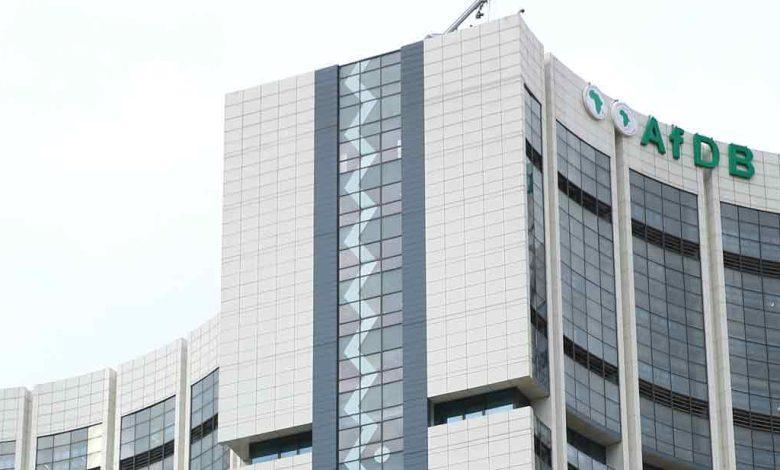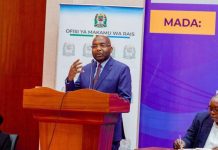Africa-Press – Tanzania. THE African Development Bank (AfDB) has highlighted the urgent need for Tanzania to address its development financing challenges by focusing on global financial reforms.
According to the AfDB’s 2024 Country Focus Report, “Driving Tanzania’s Transformation – Reforming the Global Financial Architecture,” released recently in Abidjan, Ivory Coast, these reforms are crucial for enhancing stability, accessibility and reducing volatility in international finance and markets.
The report underscores that Tanzania’s path to structural transformation demands substantial investments in infrastructure, human capital, climate action and productivity-enhancing technologies.
Addressing these financing needs through improved global financial frameworks will be essential for sustaining Tanzania’s development progress.
Reforming the global financial system is crucial to mitigating economic headwinds, addressing financing shortfalls and overcoming shrinking fiscal space.
Global challenges such as the COVID-19 pandemic, ongoing conflicts, geopolitical tensions and climate shocks have exacerbated difficulties in securing external financing due to market volatility and limited resources from international financial institutions.
The AfDB report highlights that Tanzania could significantly benefit from reforms aimed at increasing access to concessional, low-cost and long-term development and climate financing.
The AfDB report calls for recalibrating multilateral financial governance, including sovereign debt management, financing green transitions and addressing crisis resolution mechanisms to better align with the current global political economy. Key recommendations include adequately capitalising multilateral development banks (MDBs) to enable timely responses to development challenges and leveraging private finance on favorable terms.
Tanzania’s annual financing needs for accelerating structural transformation are estimated at 14.8 billion US dollars until 2030, according to the AfDB’s African Economic Outlook (AEO 2024).
This figure aligns Tanzania with high-performing developing countries. However, using the African Union’s Agenda 2063 as a reference reduces the annual requirement to 2.6 billion US dollars.
Notably, 47 per cent of this funding is needed for infrastructure, followed by education (30 per cent), energy (13 per cent) and productivity-enhancing research and development (10 per cent).
The AfDB has demonstrated the effectiveness of leveraging concessional and semi-concessional resources through projects like the Regional Standard Gauge Railway, linking Tanzania, Burundi and the Democratic Republic of the Congo.
The Bank mobilised up to 3.2 billion US dollars from various financial institutions for this project, illustrating the potential for substantial investments that go beyond direct concessional loans.
The AfDB also advocates for reforms at the International Monetary Fund (IMF), including delinking resource access from quotas and instead basing it on income and vulnerabilities. Additionally, MDBs should enhance their catalytic role in helping countries like Tanzania secure resources from other development partners.
The AfDB report further suggests that Tanzania needs to optimise domestic resources by enhancing tax revenues and improving public spending efficiency.
With a revenue-to-GDP ratio stagnating around 12 per cent and expenditures averaging 18 per cent of GDP, increasing the tax-to-GDP ratio by 14.2 percentage points is essential for meeting the Sustainable Development Goals (SDGs) by 2030.
Similarly, a 2.5 percentage point increase is needed to achieve Agenda 2063 objectives.
Efforts to enhance tax collection and public spending efficiency are critical for closing the financing gap and realizing Tanzania’s transformation goals.
For More News And Analysis About Tanzania Follow Africa-Press







